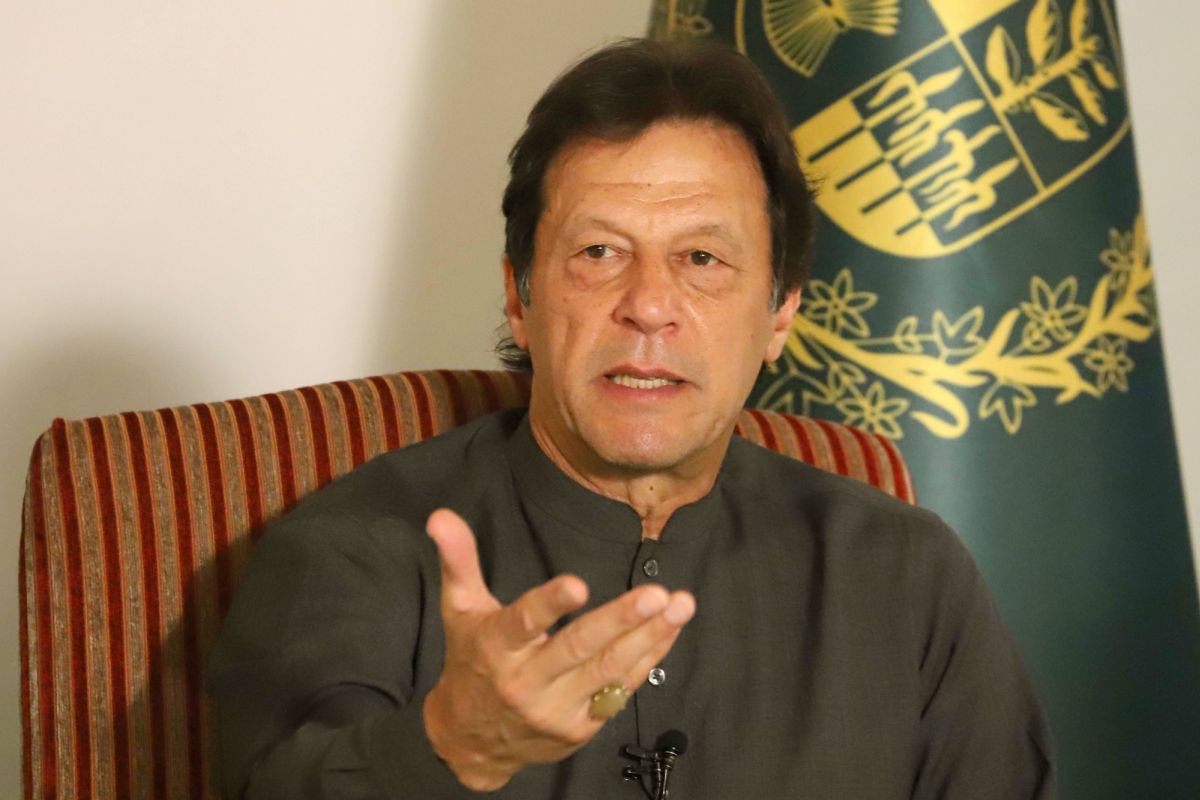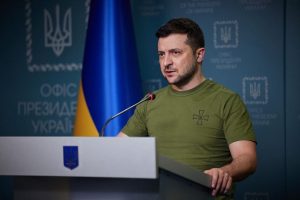Pakistan Prime Minister Imran Khan’s response to the no-confidence motion tabled against him and his government has been to get the police to act tough against several prominent lawmakers.
This could either mean that Imran Khan is over-confident of his own powers and survival, or he feels insecure and is working overtime to save himself. The question now is whether the no-confidence motion moved by the opposition has any chance of success, given the current level of support for Imran Khan from the Pakistan Army?
Advertisement
The more important question is, can the Army remain neutral in the political struggle unfolding in Pakistan? The answers remain hazy at this stage, but it is certain that the Pakistan Army will back Imran Khan.
The immediate result of the tabling of the no-confidence motion against PM Imran Khan was the raid by a police contingent (11 March 2022) on the Parliament Lodges to expel members of the Ansarul Islam, the volunteer force of the Jamiat Ulema-i-Islam-Fazl (JUI-F).
This force had been invited to provide security to the opposition lawmakers. The police claimed to have arrested, during the operation, at least four legislators, along with two dozen Ansarul Islam volunteers.
The other occurrence was that both the Opposition and the government and groups of dissenters have been in touch with each other in the aftermath of the no-confidence motion tabling.
PM Imran Khan’s immediate focus appeared to be Punjab, rather than the Federal dispensation because of the revolt within the Pakistan Tehreek-i-Insaaf (PTI) against the Punjab Chief Minister, Usman Buzdar. Khan spent the entire day (10 March) in Lahore meeting with his provincial Assembly members.
His presence in Lahore for the whole day was basically to bolster support for Chief Minister Buzdar. The catch here is that PM Khan cannot resolve the no-confidence issue without first solving the Punjab crisis. Many members of the ‘angry group’ within the PTI met Imran Khan and said that they had attended the Jahangir Tarin group and Aleem Khan Group meetings to convince them to come back to the party.
The ruling PTI coalition has a total of 179 members in the National Assembly, while the opposition claims to have the support of 162 members. It also claims to have the allegiance of 24 members of the ruling party, which could tilt the balance in favour of the opposition, as and when the motion is placed and voted upon in the National Assembly.
The tabling of the no-confidence motion, however, signals a degree of confidence within the opposition that they are ready to take on Imran Khan, already surrounded by a plethora of challenges, ranging from a sinking economy to a troubled security environment, with the TTP on the ascendant. While this may be so, the historical record shows that no government in power has ever been removed by a no-confidence motion.
What are the signs currently of dissidence within the PTI that could signal the likelihood of a shift in the power equation in Islamabad? The growing ranks of dissidents have worsened with the passage of time and the revolt against the Punjab Chief Minister signals the unravelling of the party that could also threaten the survival of the PTI government.
A major problem is that there is no consensus on any other candidate. The PML-Q will not accept anyone other than Pervaiz Elahi as the chief minister. With the no-confidence motion hanging over the head of the PTI government, the PML-Q has upped its stakes. The party’s bargaining position seems to have been further strengthened with the reported offer by the opposition to give the top provincial office to the PML-Q leader.
While the opposition has been galvanized somewhat by the tabling of the no-confidence motion, PM Imran Khan continues to use other means to muzzle his critics. The latest in this series is the passage in the National Assembly of the Prevention of Electronic Crimes (Amendment) Act (PECA) 2022 by Ordinance. The timing of this bill comes at a time when the ruling PTI government is faced with a no-confidence motion.
The new Act, for instance, the ordinance, gives the Federal Investigation Agency (FIA) powers to arrest anyone and put them in jail till the conclusion of the trial. Federal officers also have the authority to unlock any electronic device. Another provision open to gross abuse is the provision that the complainant doesn’t necessarily be the aggrieved person or institution; it can be any member of the public, making the new law open for abuse.
The PECA 2022 signals that PM Khan wants to ensure that there is no criticism levelled against him, especially when he is beleaguered politically on all sides. The new law, along with the Criminal Law (Amendment) Bill, 2020, that seeks to jail anyone who “ridicules or brings into disrepute or defames the military” has made life difficult for journalists, human rights activists, and social media champions.
Imran Khan knows very well that a free press in Pakistan could very well turn criticism into political mileage. That is why they are insistent on curbing media freedom and in the larger context and attempt to muzzle anything that remotely pulls up the military for its faults.
The tabling of the no-confidence motion against Prime Minister Imran Khan creates an uncertain political situation for Pakistan. Unfortunately, whatever the outcome of the motion, the net loser is Pakistan for political instability will persist. Pakistan’s economy is on a downward spiral and without doubt, the PTI government under Imran Khan is responsible for a large part of the problem.
If Imran Khan wins the vote, then he will be emboldened to continue on the path taken so far. If the opposition wins, then the selection of a prime ministerial candidate will occupy political space and time.
In the meantime, the only beneficiary will be the Army. That is why it has been said that the Army has turned ‘neutral’ in the ongoing political crisis. But is this really so?











